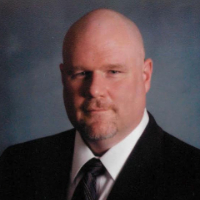Cleveland DUI-DWI Lawyer, Alabama
Charles Miller
✓ VERIFIEDCriminal, DUI-DWI, Misdemeanor, Felony
Charles "Trapper" Miller has been practicing since 2011representing defendants in various criminal cases, helping businesses protect themselves, and h... (more)
Derek Simms
✓ VERIFIEDAccident & Injury, Personal Injury, Traffic, Criminal, DUI-DWI
Simms & Associates is widely regarded as one of the top personal injury law firms in the State of Alabama. The firm was founded in 1999 by lead attorn... (more)
FREE CONSULTATION
CONTACTKeith E. Brashier
Collaborative Law, Divorce & Family Law, DUI-DWI, Criminal
Status: In Good Standing
FREE CONSULTATION
CONTACTRichard Romea Henson
DUI-DWI, Wills & Probate, Divorce & Family Law, Divorce & Family Law, Criminal
Status: In Good Standing Licensed: 47 Years
Luther Sylvester Gartrell
Criminal, DUI-DWI, Divorce & Family Law, Divorce & Family Law
Status: In Good Standing Licensed: 48 Years
Cynthia Parris-Smith
DUI-DWI, Personal Injury, Nursing Home, Domestic Violence & Neglect
Status: In Good Standing



